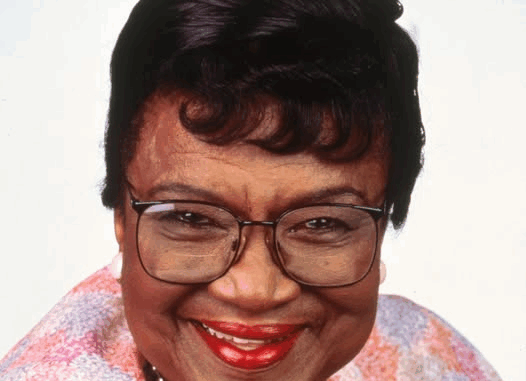
Rosetta LeNoire brought warmth, humor, and wisdom to the role of Estelle Winslow, the beloved grandmother on Family Matters. Celebrated for her trailblazing work as an actress and advocate for diversity, LeNoire was a respected figure in theater and television.
However, behind her gentle screen presence lay struggles and quiet controversies that shaped her life and career. From challenges confronting racial barriers in Hollywood to disputes over roles and recognition, LeNoire’s story is one of resilience and subtle defiance.
Pioneering Diversity and Representation
Before Family Matters, LeNoire was a founding force behind the Amas Repertory Theatre, dedicated to African-American plays and artists. Her efforts aimed to combat the systemic exclusion of Black actors and stories from mainstream entertainment.
Yet, this mission often placed her at odds with industry gatekeepers. She faced resistance and, at times, backlash for pushing for more inclusive casting and diverse narratives—a fight that often required personal and professional sacrifices.
Career Challenges and Role Limitations
Though highly respected, LeNoire confronted the harsh realities of Hollywood’s limited roles for older Black actresses. She was often offered stereotypical or minor parts, forcing her to choose between visibility and dignity.
Some critics argued that her role on Family Matters—while groundbreaking—sometimes perpetuated the “grandmotherly” trope without fully exploring her character’s depth.
LeNoire reportedly pushed writers to develop Estelle Winslow’s character more richly, but progress was slow.
Quiet Controversies: Disputes Behind the Scenes
While no major scandals are publicly recorded, insiders have revealed moments of tension between LeNoire and production staff over creative decisions.
She was known to be assertive about maintaining authenticity in her roles and advocating for respectful portrayals of Black family life.
Such stances occasionally caused friction, especially in an era when TV networks prioritized safe, non-controversial content.
Personal Life and Privacy
Rosetta LeNoire maintained a private personal life, rarely discussing family or relationships in public. This discretion sometimes led to speculation and rumors, but LeNoire chose to keep her focus on her craft and activism.
Legacy and Honors
Despite challenges, LeNoire received numerous accolades for her work, including the National Coalition of 100 Black Women’s Living Legend Award and recognition for her contributions to diversity in theater and TV.
Her role on Family Matters remains a cultural touchstone for positive representation of Black elder women on television.
FAQs
Q1: Did Rosetta LeNoire face any scandals?
No major public scandals, but she faced industry pushback and behind-the-scenes creative disputes.
Q2: What barriers did she encounter in her career?
Racial discrimination, limited role opportunities, and typecasting were significant obstacles.
Q3: Was she active in advocacy?
Yes, as a founder of Amas Repertory Theatre and a vocal proponent of diversity in entertainment.
Q4: How did she influence Family Matters?
She advocated for authentic and respectful portrayals of Black family life and the depth of her character.
Q5: What is her legacy?
A pioneer for diversity, a beloved actress, and a symbol of resilience in Hollywood.
